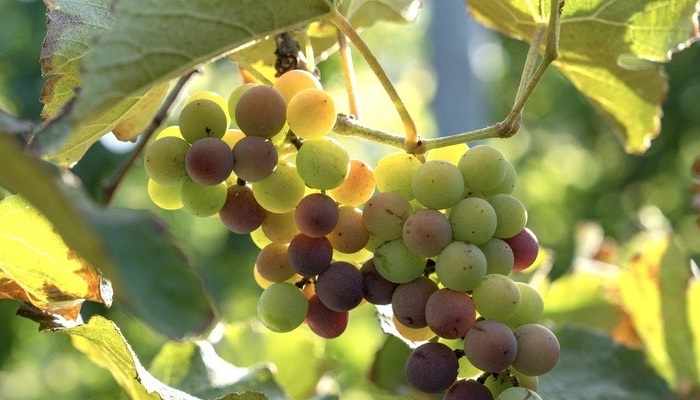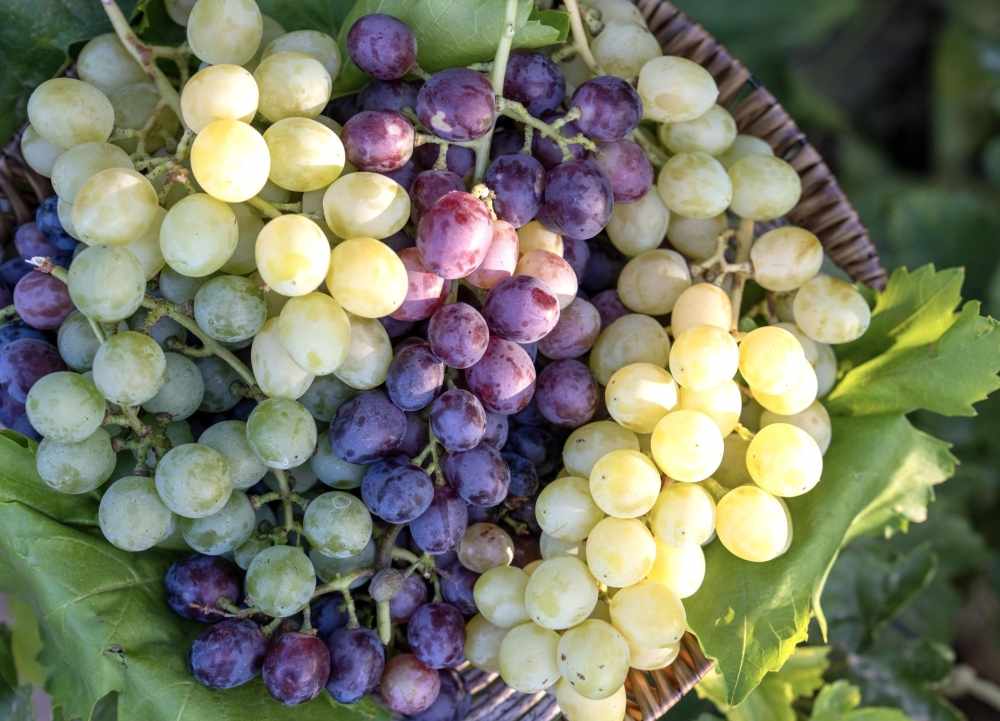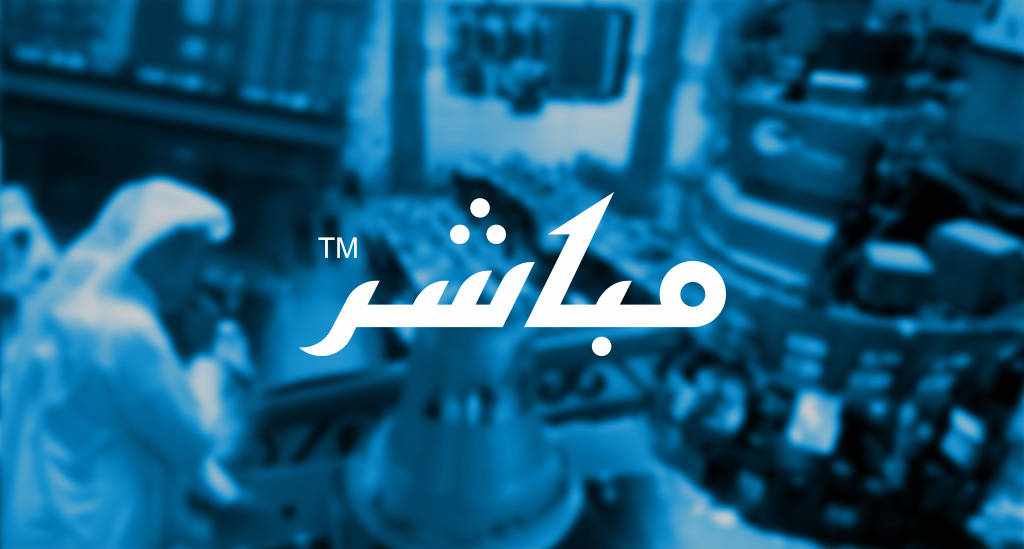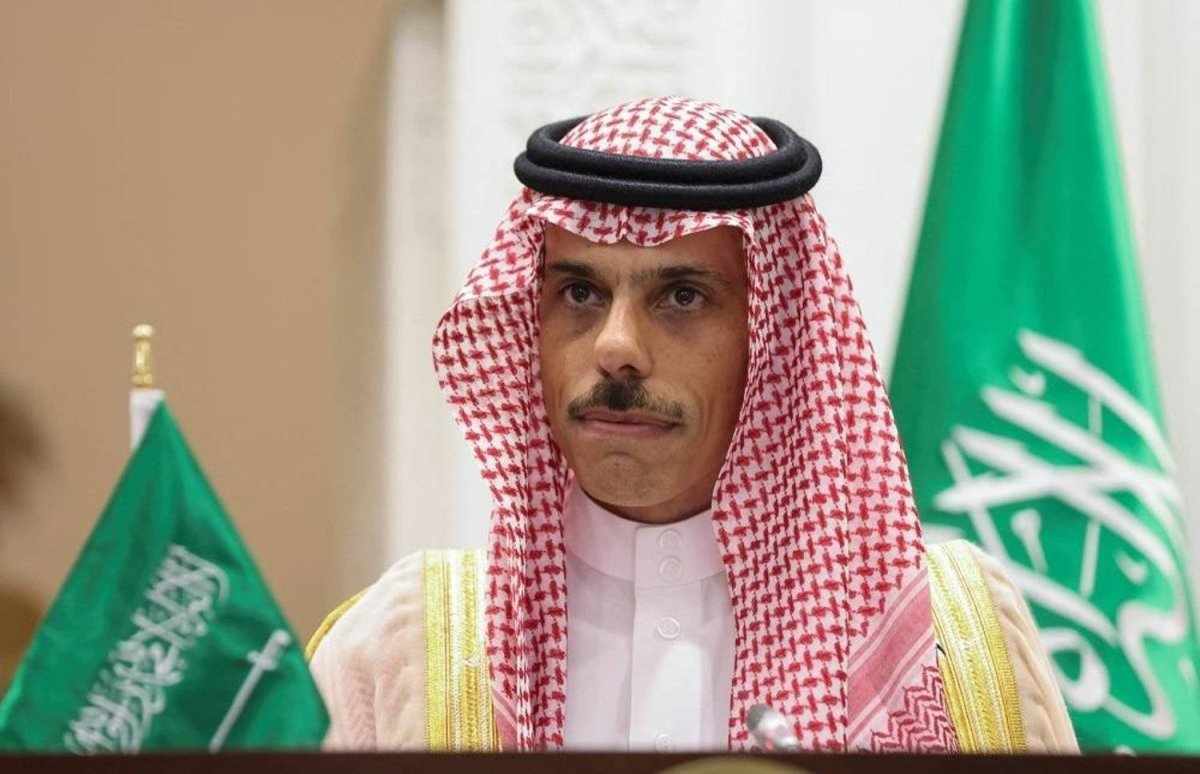Hajj restrictions hit Somalia’s livestock economy
- Date: 02-Aug-2020
- Source: Arab Weekly
- Sector:Agriculture
- Country:Saudi Arabia
Hajj restrictions hit Somalia’s livestock economy
Mogadishu - The annual Muslim pilgrimage to Mecca is a time for celebration, not least among Somalia's livestock herders and traders who export millions of livestock to feed pilgrims.
But this year coronavirus restrictions mean the Hajj is a small, largely Saudi affair, and Somalia's economy is suffering.
"Business is bad,“ said Yahye Hassan who works in the capital Mogadishu's largest livestock market where the pandemic has suppressed trade.
"The effect of coronavirus is apparent,“ said Hassan. "The Arab countries are not in need of animals from Somalia, and the nomadic people who would bring the livestock to town for trading are reluctant due to the fear of infection.“
-Cutting exports “”
The Hajj, which began last week, is mandatory for all Muslims, who are physically and financially able, to undertake at least once in their lifetime and involves pilgrimage to the holy city of Mecca and its Grand Mosque.
But this year Saudi authorities have restricted the Hajj to those already inside the country “” fewer than 10,000 domestic pilgrims are expected, compared with the two million mostly foreign visitors who attended last year “” effectively cancelling the annual ceremony for most.
Saudi demand accounts for nearly two-thirds of Somalia's annual livestock exports, according to the World






















